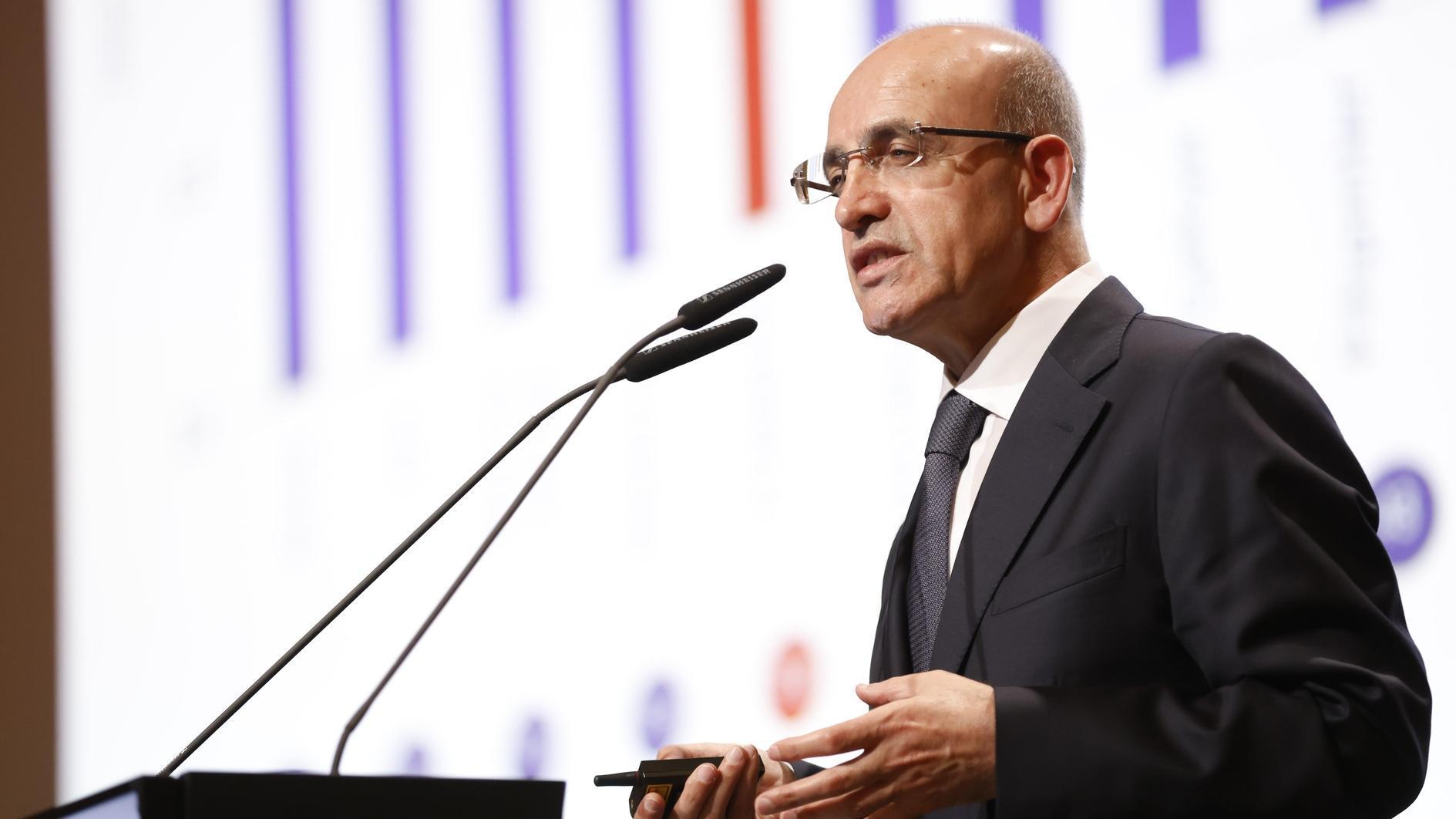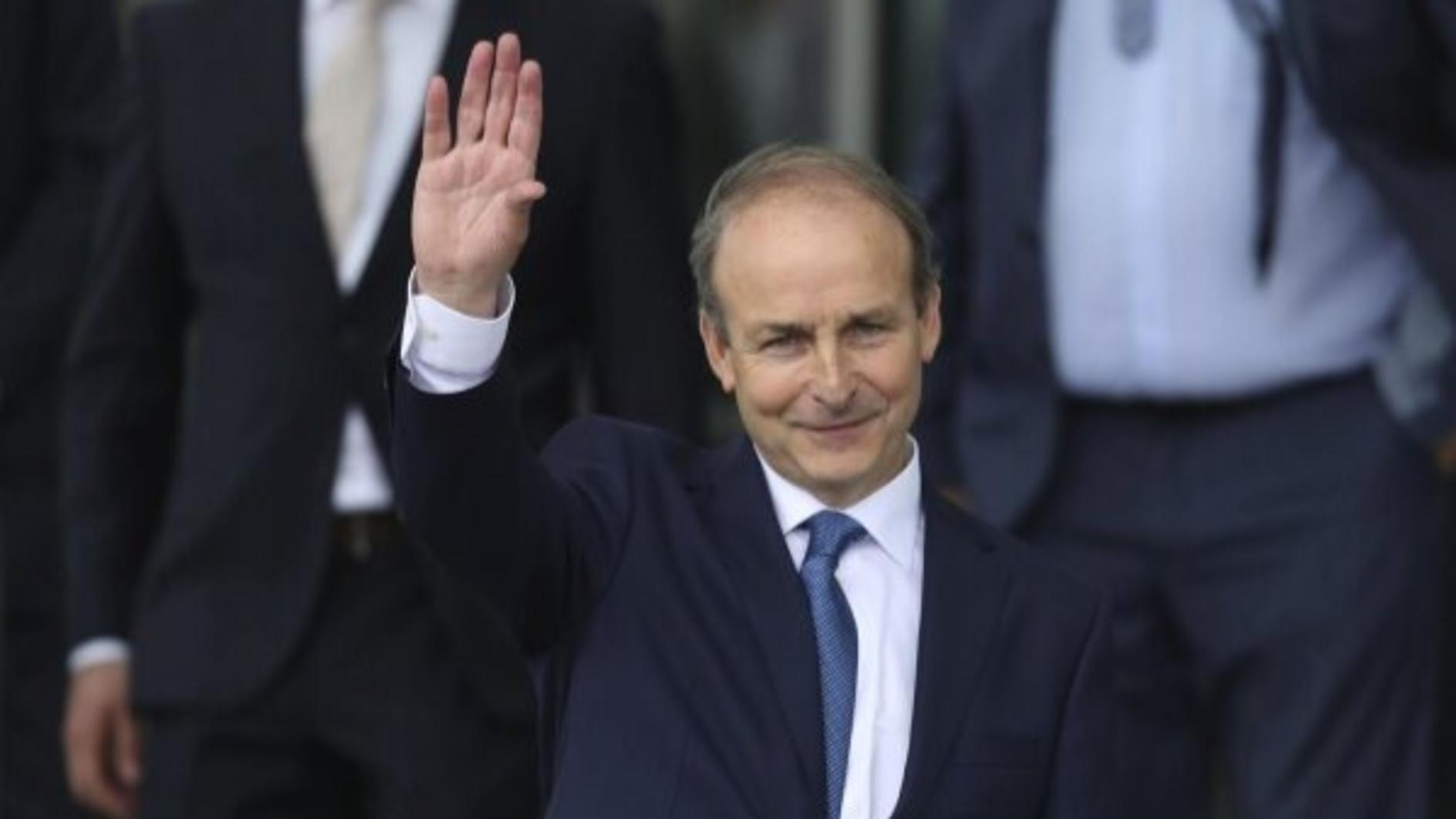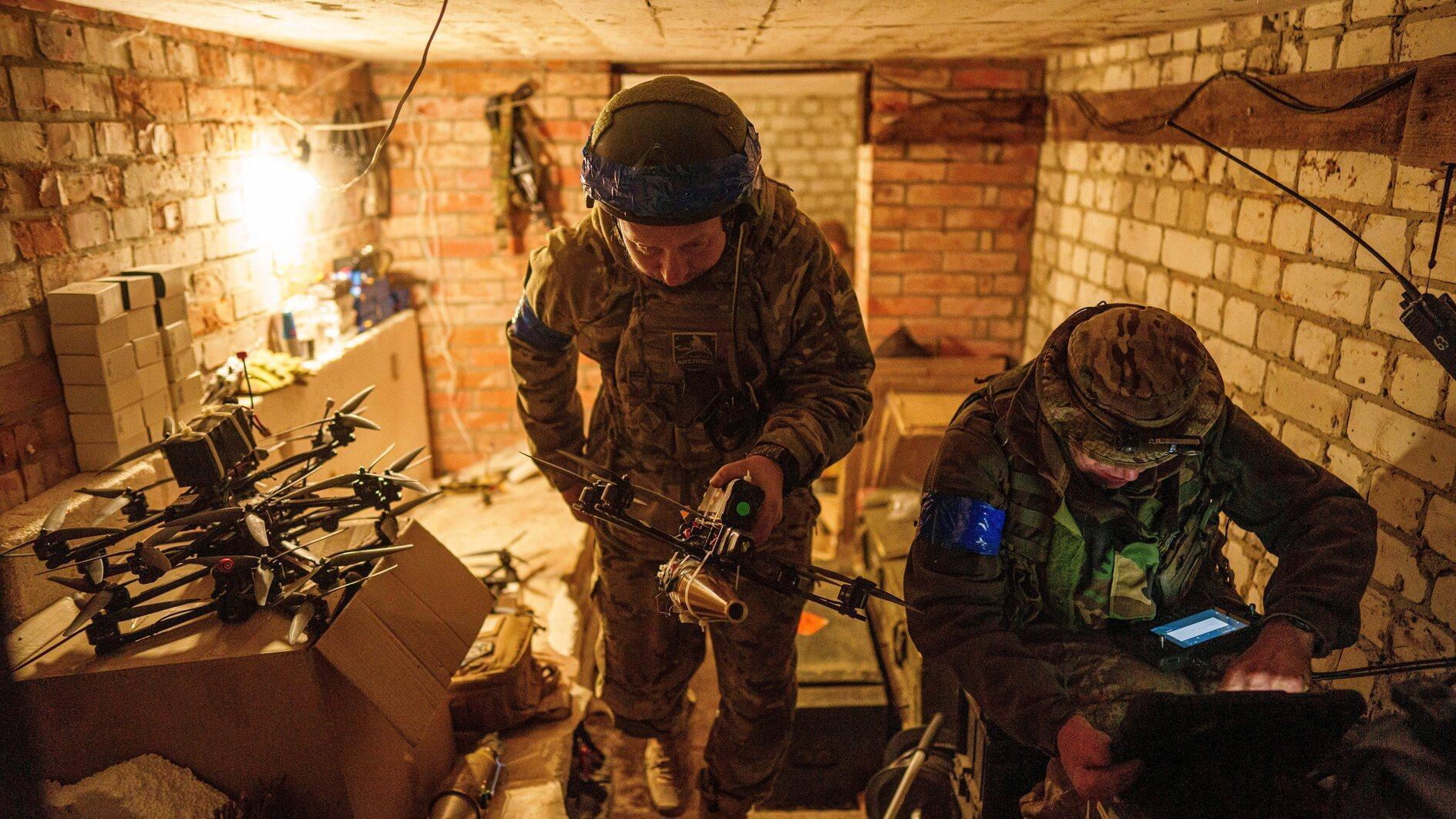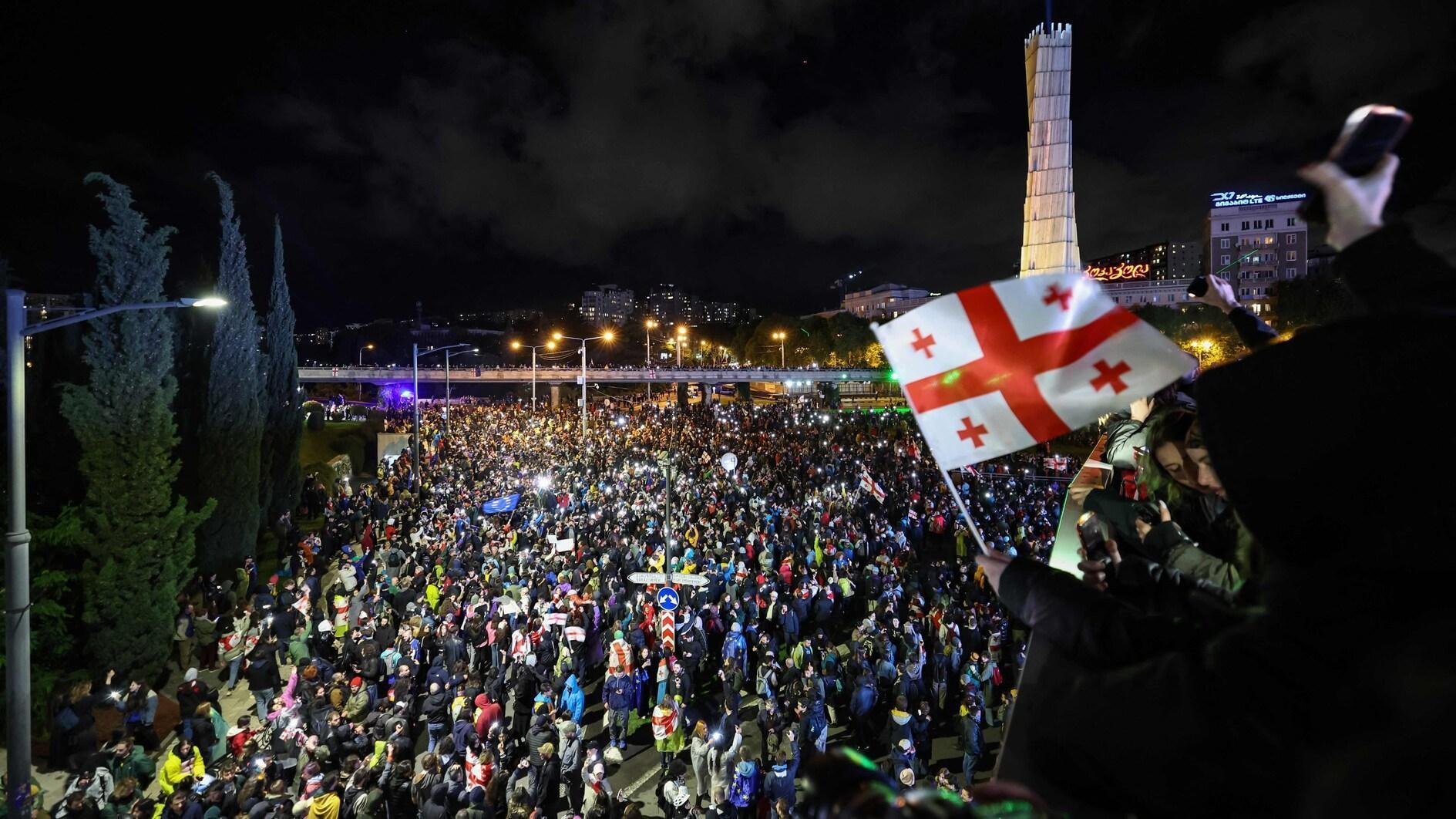An effective opposition; easier said than done
ŞÜKRÜ KÜÇÜKŞAHİN
Many of us refer to the inadequacy of the opposition, primarily the main opposition, the Republican People’s Party (CHP).It has to be noted that a serious portion of those who make this reference start with “We want a strong opposition,” attributing every negative to the opposition as if it were them who were ruling the country and consider the government to be above blame.
Let us leave that aside. CHP leader Kemal Kılıçdaroğlu has said, “Everybody says the ‘CHP has to do something.’ We are doing it, but it is not being seen as much as we want it to. Then some negative aspects emerge.” Let us consider this statement as unjust. And let us assume all these criticisms were made with good intentions.
Even if we do so, despite the discourse on “advanced democracy,” the opposition’s job today is not at all easy, it has a very narrow platform to make its voice heard.
Limited communication channels
We can count hundreds of examples, but let us suffice with a few.
Given that the broadcasts of the Meclis TV (Parliament TV) are restricted, in today’s Turkey there are at least 10 television channels broadcasting the entire speeches of executives of the ruling party, but almost none broadcasting an entire speech from the opposition.
Indeed, parliamentary debates when the opposition is making significant claims coincide with the hours in which Meclis TV is not on air.
Apart from two or three exceptions, the newspapers do not allocate adequate space to the opposition. State media organs Turkish Radio and Television Corporation (TRT) and Anatolia news agency (AA) are almost blind and deaf to the opposition. AA has been posting such news stories that they could well rival the Soviets’ TASS.
If somebody from the opposition has criticized the government, his statements are concluded with, “alleged,” or “claimed;” those from the government, however, are attributed with “said” and “emphasized.”
It is not realistic to look for, or expect, the slightest bit of objectivity in news stories on the opposition in the pro-government media.
Researches and surveys are conducted by those names which severely dislike those parties.
While these surveys find wide space in media, the same names mostly make the comments, “awkward,” “incoherent” and “losing votes.”
State is not impartial anymore
The ruling party’s discourses based on sects, especially over the CHP and their reflections in the media, have come to a point where one wants to “cry uncle.”
Not one public official has acted upon this, but a research proposal was prepared to “lift the parliamentary immunity” of an opposition parliamentary group deputy leader because he delivered a speech on the street, without permission, during the election campaign period.
All right, I understand the violation of the law on meetings and demonstrations but which police officer or which prosecutor includes the phrase “the speech contained criticisms against the government” twice in the petition. What do they mean? What message is this sending?
Let us leave aside the prosecutor and the police, what about the Parliamentary Speaker’s Office, which did not oppose it by saying, “What is this sentence doing in this proposal?”
If that petition had been given for a representative of the government, we would be reading many news stories and articles titled, “Justice knocks on national will,” or “Extension of Ergenekon.” How many people have heard the story as it is? I am not sure.
Let us remember that Kılıçdaroğlu has told us, “The number of tax inspectors sent to İzmir Metropolitan Municipality is 55,” and also let us remember that at least 500 university students are in jail for taking part in non-violent oppositional demonstrations. We should consider this more than enough for anyone who has a sense of “conscience and justice.”
Again, if all consciences are inert, it does not mean this is the end of the road; the right to pontificate about the opposition by saying, “Go to the people street by street,” exists permanently.
Şükrü Küçükşahin is a columnist for daily Hürriyet in which this piece appeared on Dec. 5. It was translated into English by the Daily News staff.
ŞÜKRÜ KÜÇÜKŞAHİN - skucuksahin@hurriyet.com.tr











